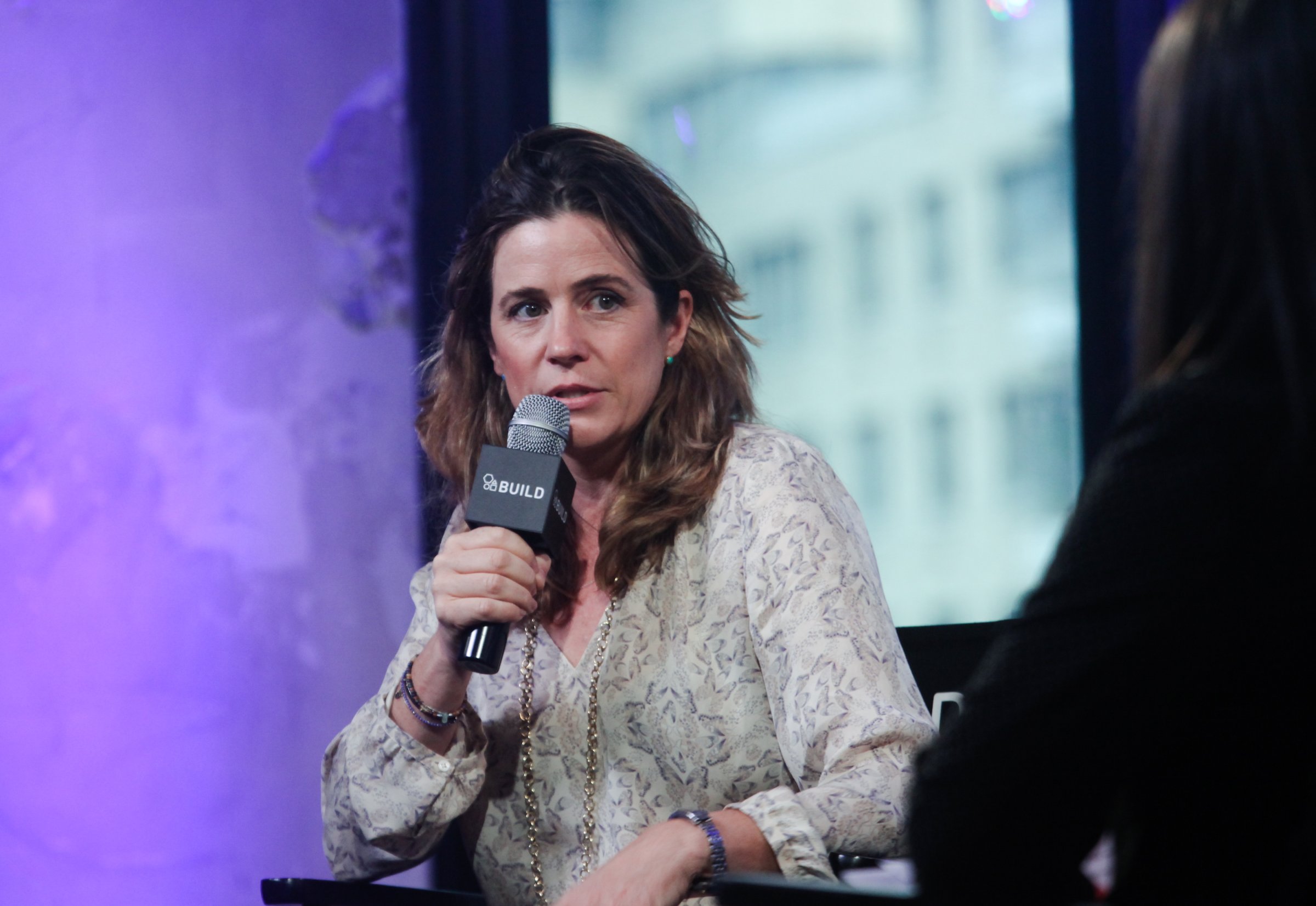
In 2014, Missouri lawmakers passed a 72-hour waiting period on abortion, one of the most stringent waiting periods in the nation. About a year later, a Planned Parenthood clinic in Columbia would stop performing abortions, leaving only one abortion clinic left in the state. These developments made it even more difficult for Missouri women to access the procedure in the state, which already had a number of other anti-abortion laws on the books.
“I knew that laws were being passed with every legislative session, and there wasn’t much media attention,” director Tracy Droz Tragos, a Missouri native, told Motto in a phone interview. “I wanted to know how these laws were affecting women in my home state.”
So, on the eve of the implementation of the 72-hour waiting period in 2014, director Droz Tragos decided to investigate just that. The result is Abortion: Stories Women Tell, a documentary. The film goes inside the doors of the state’s last abortion clinic, introduces viewers to advocates who both support and oppose the restrictions and provides an intimate look at women wrestling with the decision.
Droz Tragos spoke to Motto about why this film was so important to her, what she hopes viewers come away with and how this film fits into the current conversation about abortion rights.
Why were you so interested in making this film?
I’m a woman and a mother — access to health care is important to me. It’s a very important time to get these stories out there.
What was the most surprising thing you learned as you heard these women’s stories?
I know that women face all kinds of circumstances. But I think there is a cumulative effect that I feel as a filmmaker and that I hope audiences will feel when you hear from women of so many different circumstances and walks of life that seek abortion care. You can’t really say that there are “good abortions and bad abortions.” So many women are going to face this at sometime in their reproductive life and it’s something that’s hard to dismiss. It’s hard to say that that this happens to other people. ‘Not me, not my family, not my community.’
You made a choice to feature women on both side of this issue, including anti-abortion advocates and women who decided to not get abortions. Why was that important to you?
I didn’t want this film to be an advocacy piece. I wanted this to be a film about real women — and real women have different points of view. Real women would make different decisions. I hope the film wouldn’t live in an echo chamber. But I hoped it would have greater power if we included women who couldn’t be so easily categorized. Maybe we would see things that resonated with us from women who maybe ultimately made a different decision that we would make. I hoped that I could bring more compassion to what is a very, very divisive issue.
What do you hope viewers take away from this film?
I don’t think the film will necessarily make anyone who is staunchly pro-choice become pro-life or vice versa. But I do hope this film will bring more compassion to the conversation and encourage women to not feel so alone or shamed or shrouded in stigma. I know not every woman feels that way — but certainly in Missouri, there’s an extra dose of stigma and shame. I think women in other states feel that to some degree. I hope the film also encourages women to share their stories and talk about it so they don’t feel so alone.
This film is being released just as lawmakers are attempting to defund Planned Parenthood and pass new abortion restrictions. How do you see the film fitting into this political climate?
The political climate could not be more heated and divisive. I think it’s a lot easier to stay in those camps and talk in the abstract about women’s healthcare and unplanned pregnancies when you’re not looking in on those faces and hearing their stories. Very brave women shared their stories in this film so other women wouldn’t feel alone or judged.
I hope this film can be seen by people who are passing laws and threatening to pass laws, taking away funding and talking about women’s healthcare. These are the women who are affected. So you might as well know who you’re actually talking about.
This interview has been edited and condensed for clarity.
More Must-Reads from TIME
- Why Trump’s Message Worked on Latino Men
- What Trump’s Win Could Mean for Housing
- The 100 Must-Read Books of 2024
- Sleep Doctors Share the 1 Tip That’s Changed Their Lives
- Column: Let’s Bring Back Romance
- What It’s Like to Have Long COVID As a Kid
- FX’s Say Nothing Is the Must-Watch Political Thriller of 2024
- Merle Bombardieri Is Helping People Make the Baby Decision
Write to Samantha Cooney at samantha.cooney@time.com